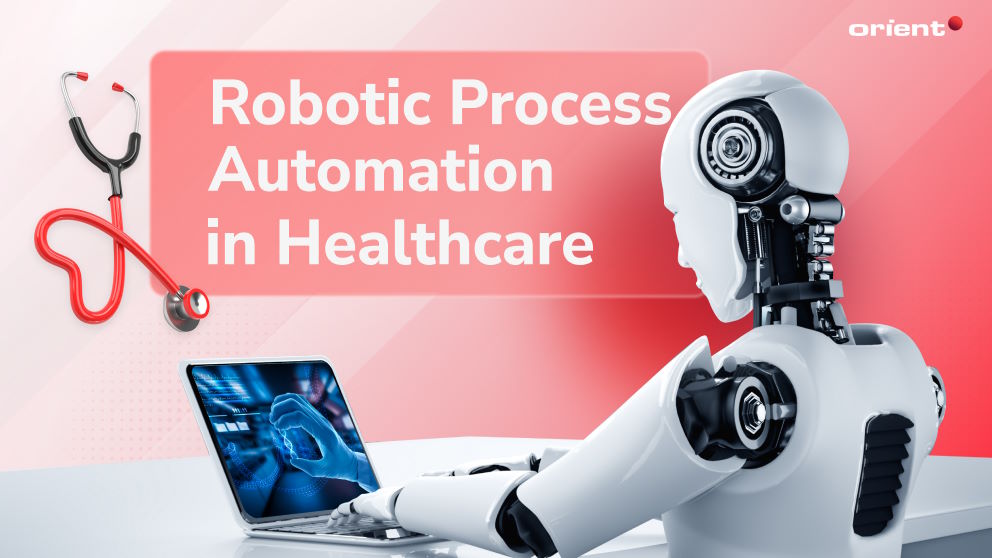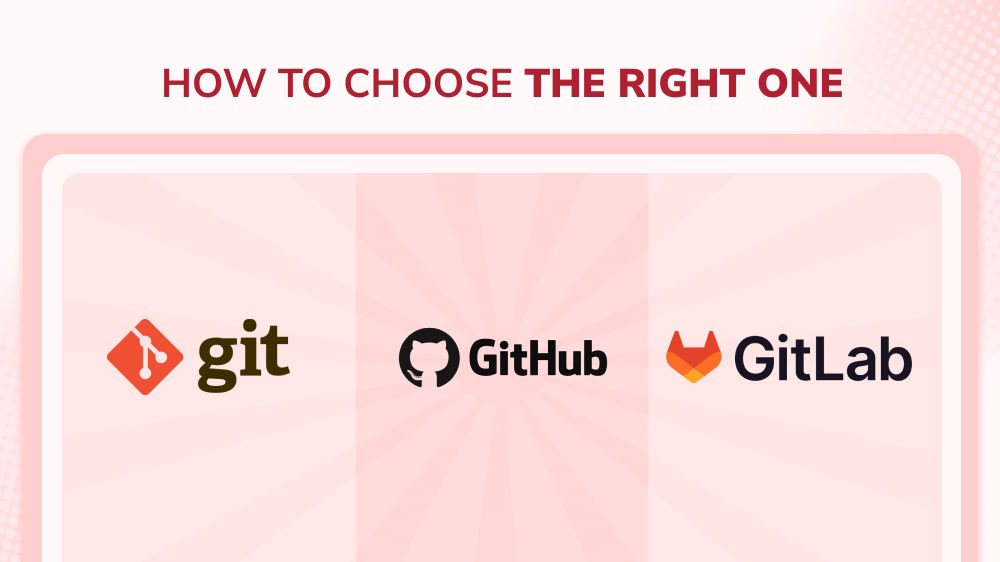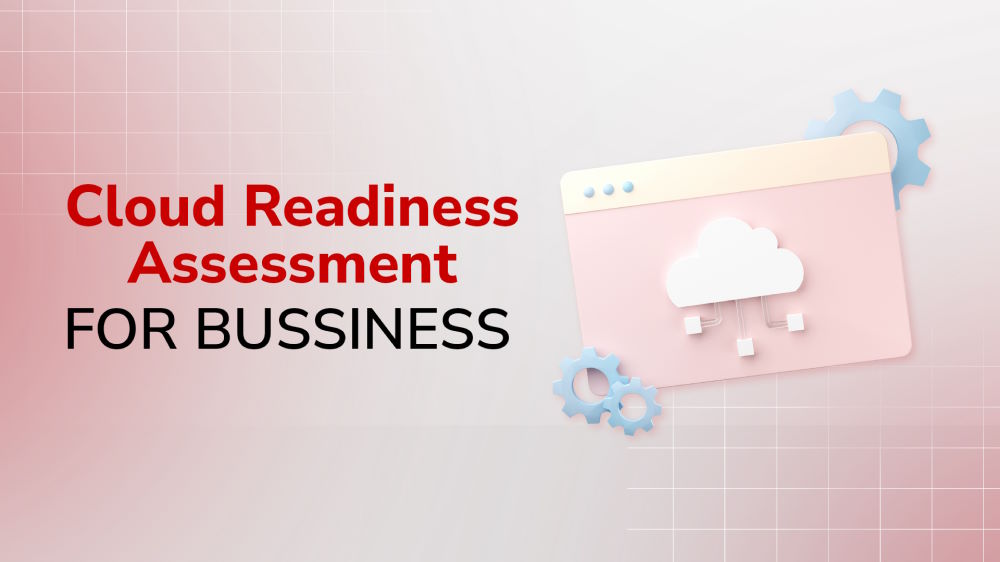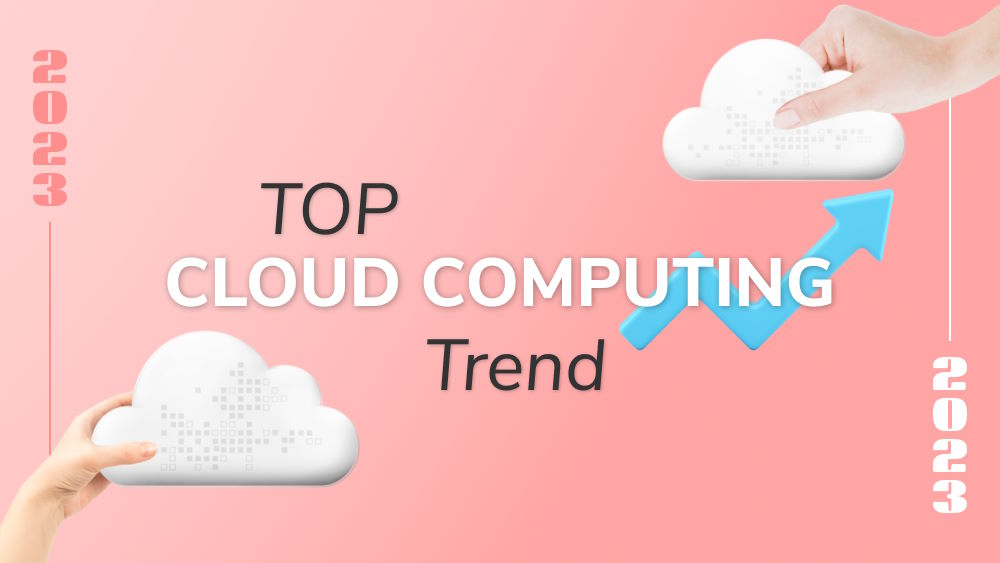Disclose the Astonishing Use Cases of Robotic Process Automation in Healthcare

Content Map
More chaptersAutomation is the key to unprecedented innovation and productivity gains in handling intricate tasks and processes. The presence of robots spans everyday life and the business realm, coming to driving automation wherever possible. One of the most innovative technologies in this regard that has emerged as a game-changer in digital transformation is Robotic Process Automation (RPA). Though RPA is prevalently employed in sectors like finance, banking, and insurance, it has also carved out a substantial niche within the healthcare industry. This blog will discuss the opportunities and use cases of RPA in healthcare.
What Is Robotic Process Automation (RPA)?
In plain, robotic process automation pertains to medical technology (Medtech) using intelligent automation models (artificial intelligence, machine learning, natural language processing) or “software robots” to perform a high volume of routine, rule-based, manual tasks. Sometimes known as software robotics, RPA is a form of business process automation. RPA solutions are capable of learning, understanding, and mimicking human-computer interactions with digital systems. They can automate day-to-day processes and execute repetitive tasks with speed, accuracy, and consistency.
RPA adoption drives an increase in business performance, productivity, and efficiency while cutting unnecessary expenses, saving labor costs, and optimizing resources. RPA and AI, working in tandem, can deliver powerful automation solutions that can empower businesses across multiple services. The benefits of RPA in digital transformation have been gaining traction in various sectors, and the healthcare industry is no exception. And here comes the healthcare robotic process automation.

The medical care service field is a hectic, intense work atmosphere in which the workload is crazily heavy. Without slack and slowing down, healthcare professionals, more often than not, have to juggle with so many tasks and navigate through cumbersome and error-prone processes. Implementing RPA in a healthcare organization can streamline the workflow, both front-end patient-facing processes and back-end administrative ones, from tiny private clinics to major healthcare providers - hospitals. Check out the following statistics to realize the disruptive potential of robotic process automation in healthcare:
- The global market size of RPA in healthcare reached $2.9 billion in 2022, and it is forecasted to increase up to approximately $6.2 billion by 2030 (CAGR of 26.01% between 2022 to 2030). Source: Precedence Research.
- 50% of U.S. healthcare businesses will invest in Robotic Process Automation in the next three years as a solution for cost optimization and resource usage. Source: Gartner (2020).
- Medical RPA solutions decrease both operational costs and labor expenses by an impressive 60% to 80%. They eliminate the necessity for manual intervention, thus cutting down on staff requirements by 20% to 60%. RPA also supercharges processing speed, making operations up to 15 times faster. Medtech drastically reduces the human error rate and associated rework time by 70% to 99%, ensuring a smoother, more efficient workflow. Source: Deloitte.
Opportunities of Using RPA in Healthcare Organizations
The potential of RPA in healthcare is immense. Automation technology can bring about a transformational change to many healthcare processes. Overall, RPA solutions are meant to liberate healthcare workers from repetitive manual tasks. This is especially beneficial given the daily influx of workflows and tasks that these professionals need to manage and navigate. The arrival of automation solutions in the healthcare sector has lessened a considerable amount of workload for medical service providers as well as helped them a lot in lessening workload and pressure on their staff, boosting employee satisfaction and morale while gaining higher productivity than before.
The streamlined healthcare operations enable medical professionals to divert their human effort into more critical assignments, such as patient care. Along with that, practitioners can get their hands on more advantages through a dozen RPA use cases in healthcare. Here are some typical areas where medical software solutions make great progress:
Appointment Scheduling
RPA has the ability to automate the majority of iterative, tedious front-office tasks, such as scheduling appointments, verifying reservations, sending reminders to patients, managing cancelations or reschedules, etc. Software bots can function as digital assistants in call centers or serve as virtual receptionists, responding to patient requests in-clinic.
These robotic agents can take over tasks like manual data entry, patient intake, and appointment management and release medical staff to focus on more critical or patient-focused duties. By automating administrative data entry and verification processes, RPA solutions not only minimize human errors but also improve patient experience.
Claims Management
One efficient use case of RPA in healthcare services is for insurance claims processing. This duty usually involves repetitive, time-consuming nitty-gritty details (such as processing bills, verifying insurance coverage, and submitting claims) that should be automated. Robotic software extracts and validates structured data from documents, such as claim forms, invoices, bills, and receipts. With intelligent automation, healthcare organizations facilitate more efficient and accurate insurance invoice processing (real-time), reduce claim denials, and speed up reimbursement times.
Moreover, the aid from digital workers – software bots - enables various parties, including insurance companies, hospitals, and pharmacies to patients themselves, to communicate effectively with the least mistakes arising from data redundancy and duplicate entries across systems.
Revenue Cycle Management
In addition to claims processing, RPA automates repetitive tasks in the revenue cycle management operation, like medical billing entries/checks, payment postings, account receivables/payables, etc. RPA integration can systemize rule-based tasks and streamline transactional processes with a faster pace and fewer coding errors and delays.
With regard to continuous operation, robotic systems excel as they can function well around the clock without breaks. It also means they are able to resolve a bulk of problems in a fraction of time and effort compared to humans. With less staff involvement, professionals can spend less time on recurring tasks and have free hands to carry on urgent duties instead. In tandem, humans and their robotic assistants can work together to reduce bottlenecks, shorten cycle times, and ensure operational efficiencies - faster cash flow and revenue collection.
Electronic Health Record (EHR)
EHR is a digital record of a patient’s medical history containing diagnoses, treatments, test results, and medications. In conventional methods, patient data management is often a tedious, error-prone job that costs healthcare staff quite a sum of time to handle. Regarding the large volume of patient records and frequent updates, it can be too overwhelming to ensure timely completion with zero errors.
Here comes RPA, helping to extract legacy data while mapping it to the right fields according to multiple protocols and formats. Healthcare automation solutions eliminate manual data entry, verification, storage, and retrieval. Instead, automate and speed up processes of reconciliation in electronic health records, patient data transfer across settings, and data aggregation for analysis.
Clinical Document Digitalization
RPA integration makes it possible to digitalize paper-based medical records and other forms of healthcare documents, ranging from diagnoses, prescriptions, laboratory results, and patient history to imaging reports. Instead of manual data input, clinical staff can have the entire patient record scanned, extracted, indexed, tagged, and stored as digital files by robotic healthcare systems.
The automation at this point not only saves time but also enables caregivers to get instant access to comprehensive, accurate patient healthcare data anywhere without spending hours looking for them and then decoding messy handwriting. This ensures they can focus on the right treatment faster while reducing the risk of errors in handling paper documents.
In case hard copies are lost, damaged, or destroyed by any chance, automated patient document digitization ensures that the patient data is secured and can be recovered anytime needed.
Patient Care Monitoring
A healthcare provider can leverage solutions driven by RPA in different stages in a patient cycle, from admission all the way to discharge and even afterward. Automated and periodic patient monitoring can detect any changes in a patient’s condition in real-time, creating alerts for medical staff to investigate further. Post-discharged patients can also benefit from automated follow-up calls and reminder emails for appointments or medications. During the COVID-19 pandemic, telemedicine and remote patient monitoring through RPA have played a crucial role in detecting symptoms and ensuring timely intervention while minimizing human contact.
Keep in mind that these are not all the use cases of RPA in healthcare services, as the technology will evolve and expand its capabilities. As more organizations adopt RPA-driven solutions, we can expect even more innovative uses of this technology in enhancing patient care and streamlining administrative processes in the medical industry.
Final Thoughts
In a nutshell, the adoption of RPA technology in the healthcare sector drives numerous benefits, such as increased efficiency, accuracy, and timeliness in various administrative tasks, eventually improving clinical outcomes.
There are different categories of custom software solutions used in healthcare, and RPA-driven solutions are one among them. These applications are built and configured for specific purposes of automation. Selecting the right software solution depends on your unique requirements. You may opt for a pre-developed and highly optimized healthcare solution, or you might prefer to create a custom one tailored to your specific needs.
If you have great ideas for your healthcare solutions and decide to embark on the journey of developing your own software, expert advice and the support of a proficient IT partner can be invaluable. Orient Software is a leading service provider specializing in custom software development. We cater not only to the healthcare industry but also to a wide range of other sectors. Hesitate no more and talk to our team now.







